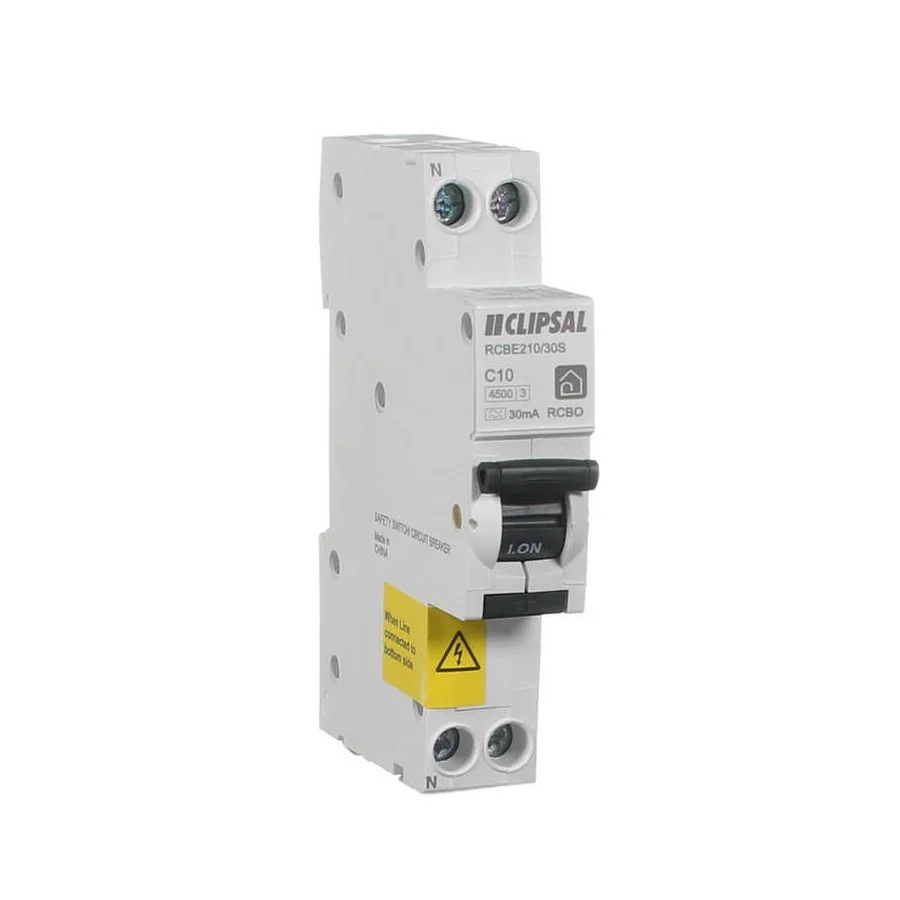A Ground Fault Circuit Interrupter (GFCI), also known as a Residual Current Device (RCD) in Australia, is a crucial safety device designed to protect people from electrical shock. It works by quickly disconnecting a circuit if it detects an imbalance between the active (live) and neutral conductors, indicating a possible leakage of current to the ground.
In Australia, GFCIs are mandatory in residential, commercial, and industrial settings, particularly in areas with a higher risk of electrical shock, such as bathrooms, kitchens, and outdoor circuits. Australian standards, particularly AS/NZS 3190, govern the performance and testing of these devices to ensure they operate correctly under various conditions.
A typical GFCI in Australia is designed to trip when it detects a leakage current of 30 milliamperes (mA) or greater. This sensitivity is sufficient to protect individuals from severe electric shock, which can occur if a person becomes part of the circuit path to the ground.

GFCIs are usually installed in the switchboard, providing protection to multiple circuits, or as individual outlets in high-risk areas. Regular testing of GFCIs, using the built-in test button, is recommended to ensure they remain functional and reliable in preventing electric shock.